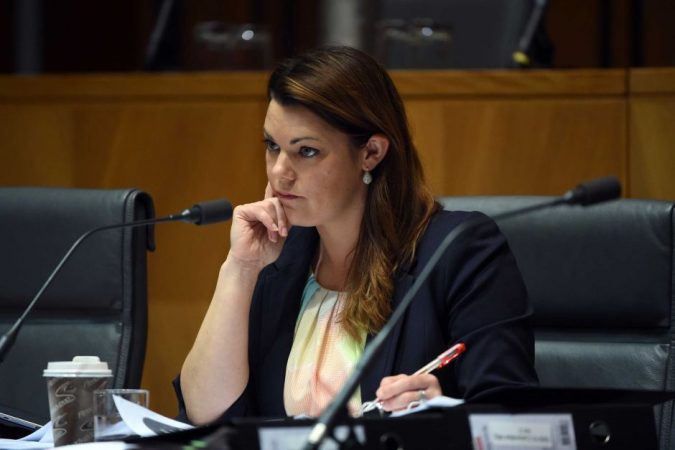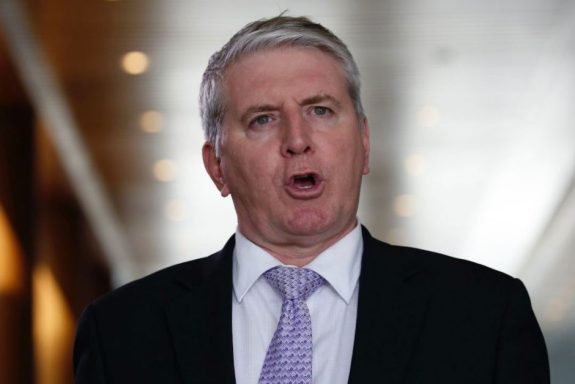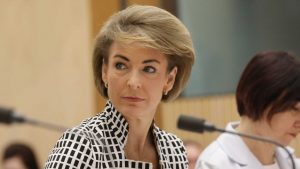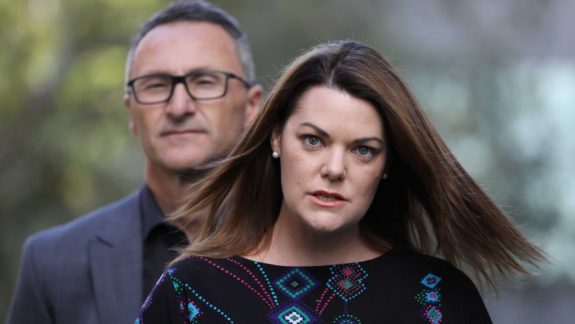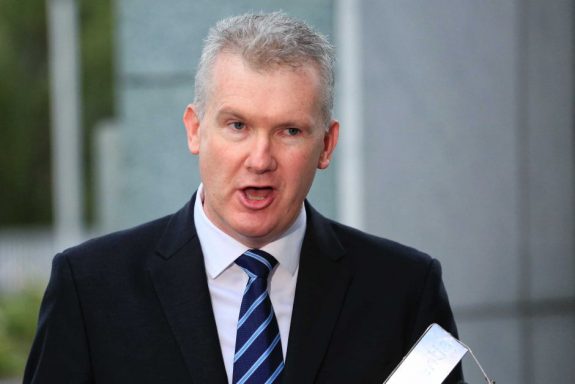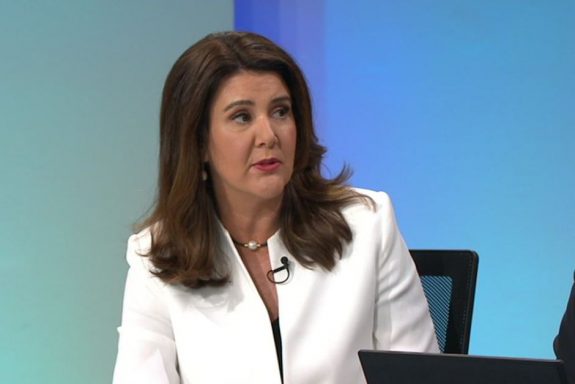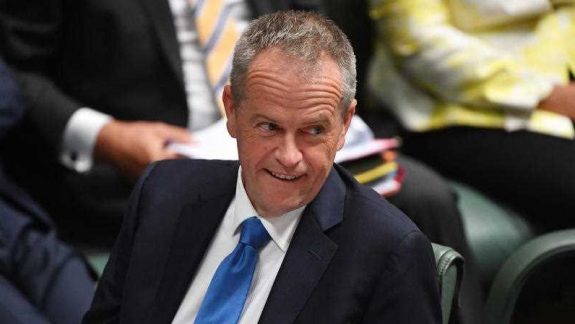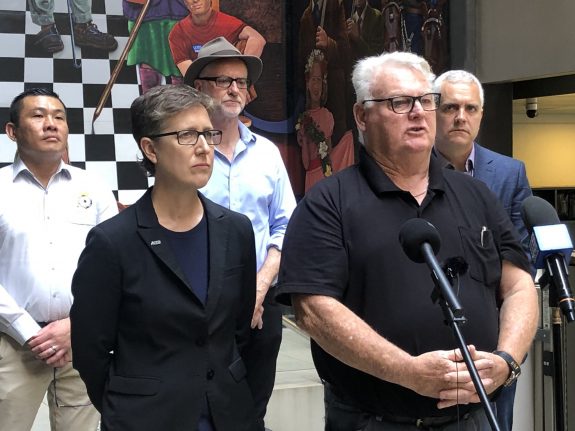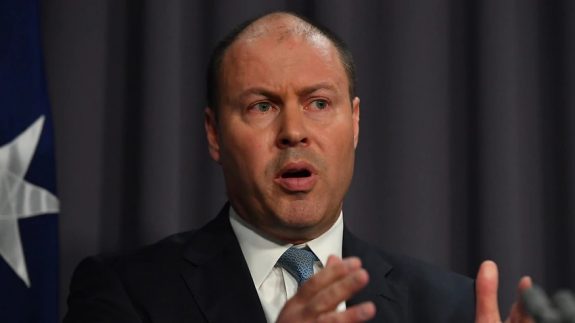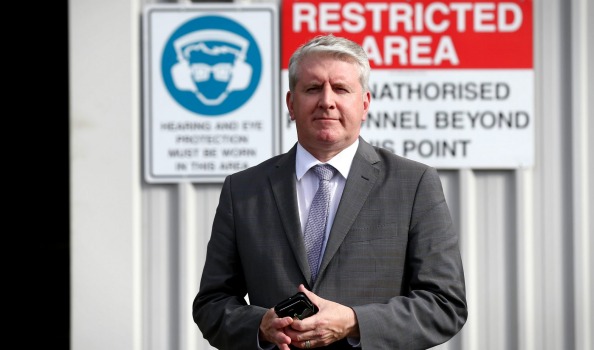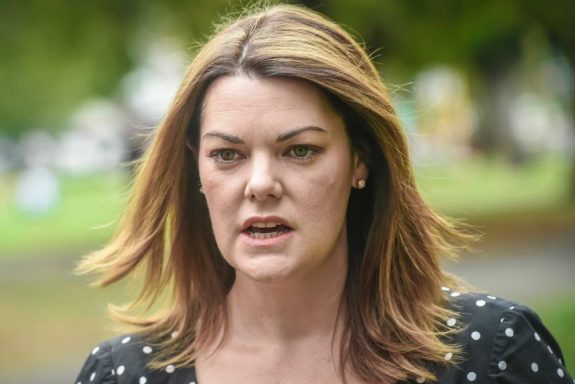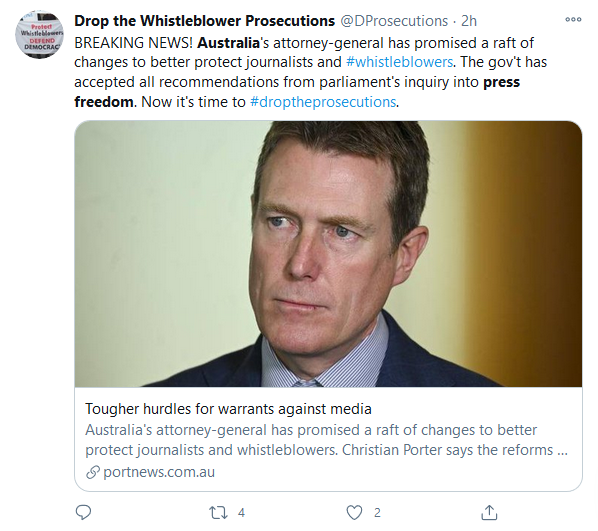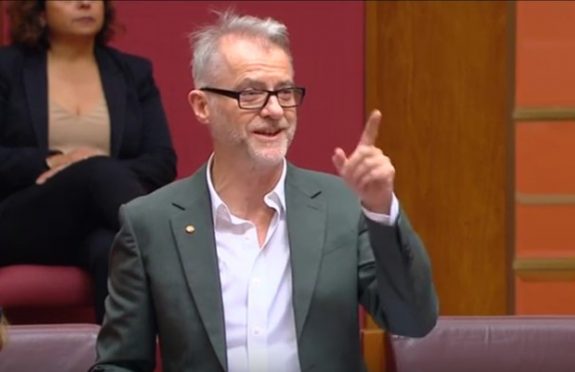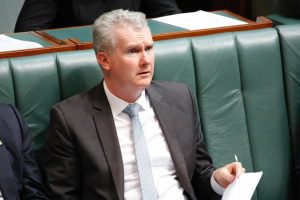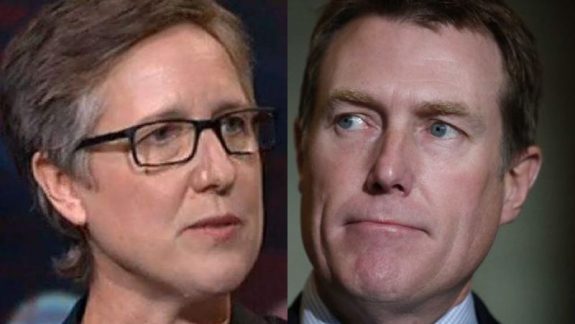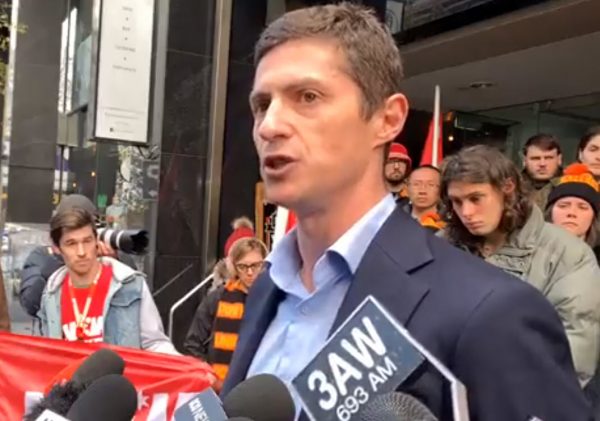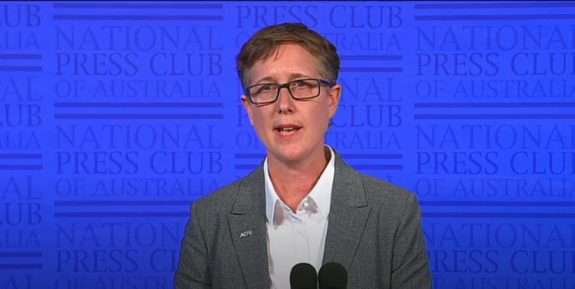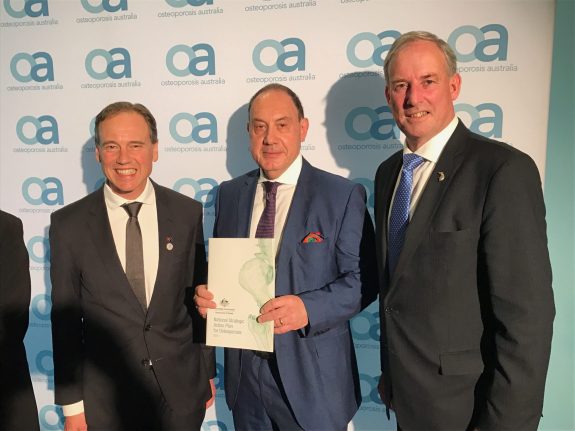9/11, twenty years on: memories launch our perspectives

Just about anyone who remembers September 11, 2001 – a full twenty years ago, to the day, of this writing – can pinpoint exactly what they were doing, who they were with, and what they were looking forward to doing in their immediate futures.
But how many can admit, or recall, with any degree of certainty, how much those aims, goals or perspectives were permanently altered?
Truth is, September 11, 2001, as a singular date, exists as – with apologies in advance to the millennials who were either born after this date or too young to remember the events of the day itself – a watershed day of linked events in the course of global history.
Every generation has their relative points in history such as those. Such as when U.S. President John Kennedy was assassinated in Dallas (that’s the one people of my parents’ generation speak to), when the Challenger space shuttle exploded in the sky, when the first Gulf War broke out, when Princess Diana was killed, or for those aforementioned millennials, when terms like “COVID-19”, “global pandemic”, and/or “lockdowns” became a part of our general lexicon.
But focusing on the day which has been abbreviated to “9/11” in the modern global parlance, many of us possess vivid memories of what they were doing at the moment, and what was to follow.
My personal story starts with me being in another country.
For those who are familiar with my life’s narrative, and not just my works of journalism, can recall that I am an American ex-pat who has lived in Australia for almost the last 20 years. In fact, this December marks 20 years since I decided to arrive on Australian shores, as a first-generation immigrant, to live here permanently.
So by that chronology, that “other country” was not Australia, but rather The Netherlands, otherwise known colloquially as Holland.
Among the variety of freelance journalism jobs that I was doing at that time, with freelance journalism existing as a self-employed pattern for myself in the first 10-plus years of my journalistic odysseys, was for a late, lamented website called DailySoccer.com, covering American soccer features and the occasional match report around the USA’s men’s and women’s national teams, Major League Soccer, and other writings of interest.
I was doing a great string of regular work for them, and getting a global exposure for my writings as well. Not bad considering a World Wide Web that was still evolving, pre-iPhones and social media and the like.
I had started freelance work for DailySoccer.com in early 2000 as I was preparing for two things – my work ahead of the 2000 MLS season and a key World Cup qualifying campaign for the USA’s men’s national team, and my first overseas trip in June, to Australia to meet Jennifer, a woman I had been chatting online with for the previous 18 months or so. That Australian visit lasted just three months on a tourist visa, but by the time it was done, I had proposed to her (she said “yes”, by the way).
So returning to the U.S., and returning to my day job, I had a wedding to finance and prepare for, the return venture to Australia for the wedding to take place in February 2002. Quite the balancing act awaited me for the next several months.
In early August of 2001, one of my editors at DailySoccer.com rang me with a different sort of proposal. (At this stage, we were speaking once per week, at least via telephone, despite the time difference between central Europe and my then-home in California.)
“William, we’re planning some exciting new changes to the website, the business model and everything else, and we want you to be a part of the launch of it all,” he said.
“That’s great! What do I have to do?” I asked in reply.
“We want to fly you over here, to partake in the meetings. How does early September, around the 8th or 9th sound? We’ll pay for your flight on KLM Airlines and your accommodation, too,” he said.
How could I say “no” to that!
Of course, that “over here” was Amsterdam, and then off to the website’s offices and my accommodation in Haarlem, about 30 minutes outside of the city.
My first trip to Europe – and return airfares from San Francisco to Amsterdam at the time were just less than $600 USD, in economy class.
I left on the morning of September 9, arrived at Schiphol Airport in Amsterdam in the middle of the afternoon same day. My hosts (office co-workers) showed me around Amsterdam and then Haarlem on the day and evening. I was so impressed, with the centuries-old history, the architecture, and everything about the cities and towns (even the “hey, it seems like everything is legal here” observation).

Amsterdam
The next day, Monday the 10th, we had the essential meetings which we had discussed, and I mentally coasted through them – my head was in a fog, not sure if it was from jetlag from the flight, or too much good Dutch beer from the night before.
Whatever it was, the buzzkill was yet to come.
As I was finally settling into a rhythm of writing features and doing other duties for the website, especially after lunch, on Tuesday the 11th, just after 2pm Central European Time, one of my editors pointed to the TV, which was on CNN International, and said to me:
“William, are you watching this? Perhaps you should.”
One plane after another hitting into the World Trade Centre’s famed Twin Towers. Needless to say, I was stunned, my eyes did not divert back to my laptop screen, and – for obvious reasons, and we already know the rest of the story in New York from here, and the consequences from it – I was excused from getting any more work done for the day.
Flights all over the world were suspended from this point, until the following weekend. “How am I going to get home?” and “How am I going to get to Australia?” were two of my most immediate thoughts. These were themes as I kept ringing nightly to my mother and brothers in California, my managers and co-workers at my day job, and to Jennifer in Australia.
The Dutch locals in Haarlem and Amsterdam, every time they’d pick up my American accent, were absolutely lovely, offering condolences for my countrymen and women, regardless of whether I was in the streets, the pubs, hotels, restaurants, wherever (including, yes, in front of the hash bars and sex hostels). And all this was occurring while my DailySoccer.com co-workers and I were contemplating the future for the world at-large. The compassionate acts were as meaningful as the larger consequences, good and bad alike.
Ultimately, I did make it home – and on the first permitted flight out of Europe, on the following Saturday, in fact – and I did eventually make it to Australia for the wedding (and yes, Jennifer and I are still married).
When I did get home, many people, especially those at my day job and other reporters whom I saw on a regular basis at soccer matches, told me how lucky I was, to be in another country when it happened.
However, this was also with the knowledge that over 2000 others weren’t so lucky: the largest American death toll from one event until the COVID-19 pandemic. In our inner circles, many of us either knew people or knew people who knew others who were involved in the 9-11 terror attacks, including those who wouldn’t come back.
These memories, along with the perspectives of how much the world has changed in the last 20 years, with global economies, the airline industry, security in general, and the geo-political spectrum having irreversibly been altered, can never be dulled from the minds of those having been touched.
It is a much different world now. And no going back to what it was then – no matter how much we long for those days.
Also by William Olson:
Inquiry’s bumpy ride awaits, after tech giants’ “blackmail” tactics
Unemployment down, but recovery still way off: ACTU
MEAA issues wish list over proposed media reforms
Porter’s bills may sink BOOT into penalty rates, warns Burke
Like what we do at The AIMN?
You’ll like it even more knowing that your donation will help us to keep up the good fight.
Chuck in a few bucks and see just how far it goes!











